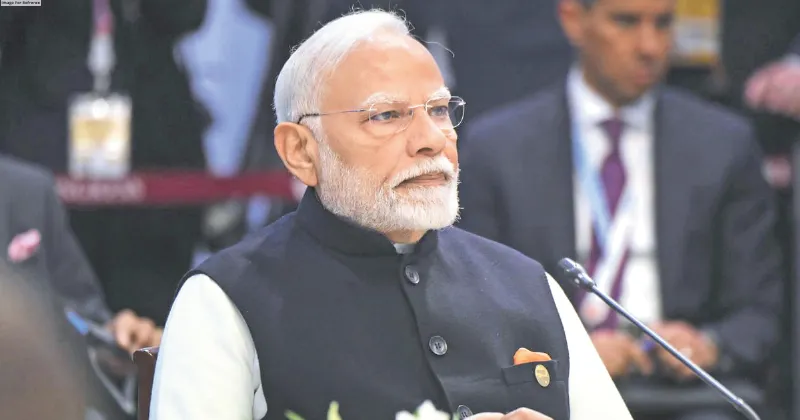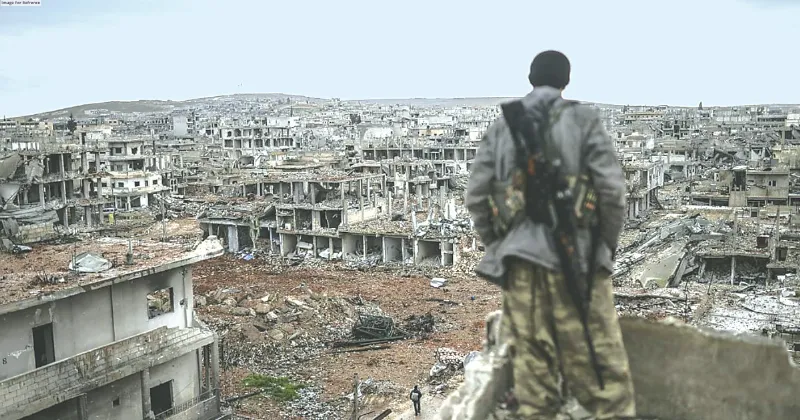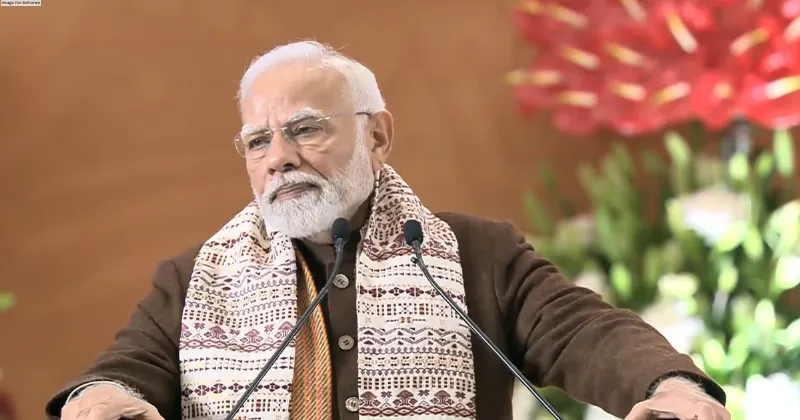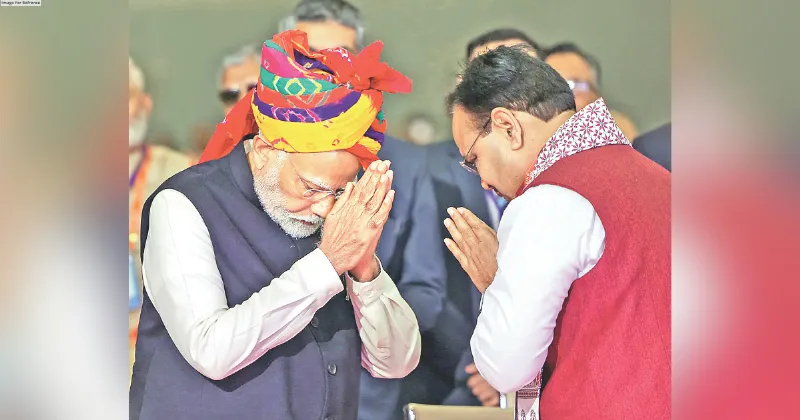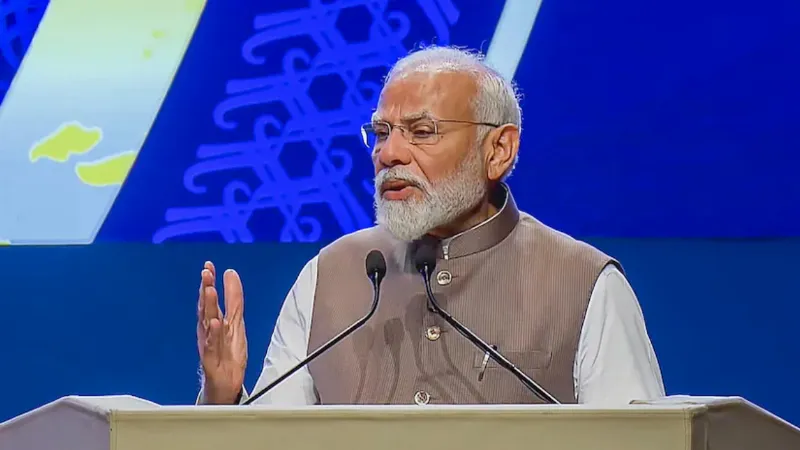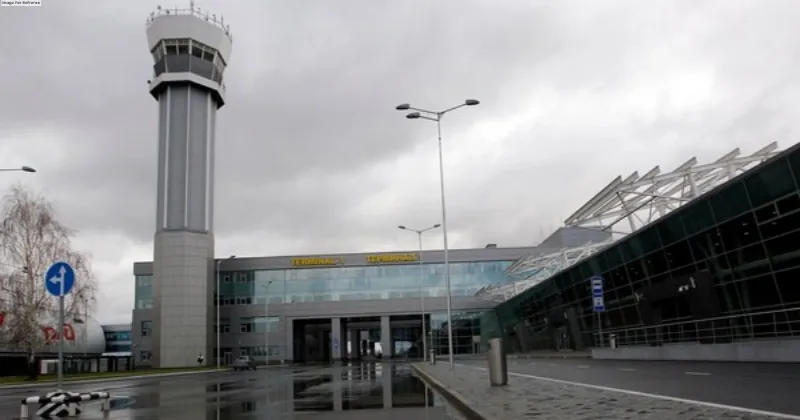Latest News
CHALLENGES & OPPORTUNITIES FOR SECURITY FORCES

The Jammu region has witnessed a series of terror attacks and other terror-related incidents after the scrapping of Article 370 and 35- A in 2019 as Pakistan and terrorists shifted their focus to Jammu region from Kashmir Valley. The region has been gripped by a series of violent incidents over the past few weeks, with the latest attack further escalating the tension and rise in toll of civil and soldiers casualties. Incidents of unprovoked attack by Pakistan’s Border Action Team (BAT) on an Indian forward posts while Indian Security Forces were conducting operation against a group of terrorists attempting to cross the Line of Control (LoC) in Kamkari, Machhal sector too have been prominent. To make things worse nine passengers, including seven pilgrims returning from the Shiv Khori temple in Reasi district, were killed in a terrorist attack.
After a decisive campaign against terrorism in 2005, which largely cleared Jammu of militant activities, the region has seen a resurgence of violence, particularly in the twin border districts of Rajouri and Poonch which has sounded an alarm among security agencies. Ground observations suggest a strategic shift by Pakistan’s intelligence agency, ISI, shifting its focus from Kashmir to Jammu. After the abrogation of Article 370 in August 2019, increased military presence and enhanced security measures in Kashmir have made it challenging for Pakistan-backed militant groups to operate in this region. Meanwhile, Jammu, with its diverse population and strategic significance, has become ideal ground for the militant groups aided by foreign militants to exploit communal tensions and create discord. Infiltration attempts, actively aided and abetted by the Pakistani Army are on the rise and in response to the recent surge in terror attacks, especially in the Jammu region, security in Jammu and Kashmir has been heightened and deployment of security forces including Para Military Forces has been beefed up.
POSSIBLE REASONS
Terror attacks in Jammu region underscore Pakistan’s malicious intent to prolong the Kashmir conflict, evidenced by a strategic shift in its modus operandi and operational tactics within the Jammu region. This has obvious roots in the changing geopolitical scenario in South Asia region including Afghanistan.
Foreign terrorists (some of them suspected to be ex Pak Army soldiers) operating in forest and hilly areas of Jammu are believed to be highly trained and armed with advanced weapons left behind by US troops in Afghanistan in 2021. These terrorists carry out sudden attacks on security forces and then disappear into rugged and hilly terrains setting up unpredictable trend in this new wave of terror and a huge challenge for our security forces.
Scrapping of Article 370 and 35 -- A in 2019 and stabilisation of situation in Kashmir Valley possibly forced terrorists shift their focus to Jammu region. Grids in counter-terrorism operations are dynamic, with resources always at a premium. The Kashmir CT grid strengthened progressively while the one in Jammu weakened (post 2009 when largely peace was restored), making it easier for terrorists to infiltrate and exploit the voids created by troop redeployment from Jammu to other regions like Ladakh.
WAY FORWARD
Need to initiate significant punitive measures including review of cease fire on LOC and evolving a new counter-terror strategy against Pakistan to counter terrorism in Jammu region in particular and Jammu and Kashmir in general. Counter-terror operations heavily depend on a robust human intelligence network. Refurbish intelligence networks and integrate the Special Operations Group (SOG) with Army and maximise interagency synergy to leverage their strengths.
Revisit unit drills, subtactical operations, and large-scale operations to disrupt terrorist logistics, similar to Operation Sarp Vinash of Apr - May 2003 in which all resources of armed forces were applied in an integrated manner to flush out terrorists in Hilkaka Poonch and- Surankot areas. Establish and reiterate a sound relationship with the local populace to garner support for counterterrorism efforts. Garnering support of Gujjar community in particular can be of great help.
Ensure additional troops are deployed efficiently to strengthen the security grid and prevent infiltration. Restoring the security grid in the region must be the priority, especially in the terror-hit border districts of Kathua, Doda, Rajouri and Poonch. Use of TECHINT- based information for tactical operations duly reinforced by HUMINT to obviate impact of terrorists using encrypted apps and online activity to mislead security agencies.
Adopt soft measures like army has initiated in the Valley (Operation Sadbhavana) to earn the locals’ trust and use it for information warfare to counter the ISI’s propaganda machinery. The old Village Defence Guards need to be refurbished with better weapons and some training.
Lastly, the polls are being held in Jammu and Kashmir in three phases in September-October 2024, a smooth conduct of elections and placing a democratically elected people’s government in power will pave way for restoring normalcy in this strife-torn Union Territory.
THE VIEWS EXPRESSED BY THE AUTHOR ARE PERSONAL
Col Rajesh Bhukar The writer is a Post Graduate in International Studies, Alumni of Defence Services Staff College, Wellington and College of Combat, Mhow [email protected]




